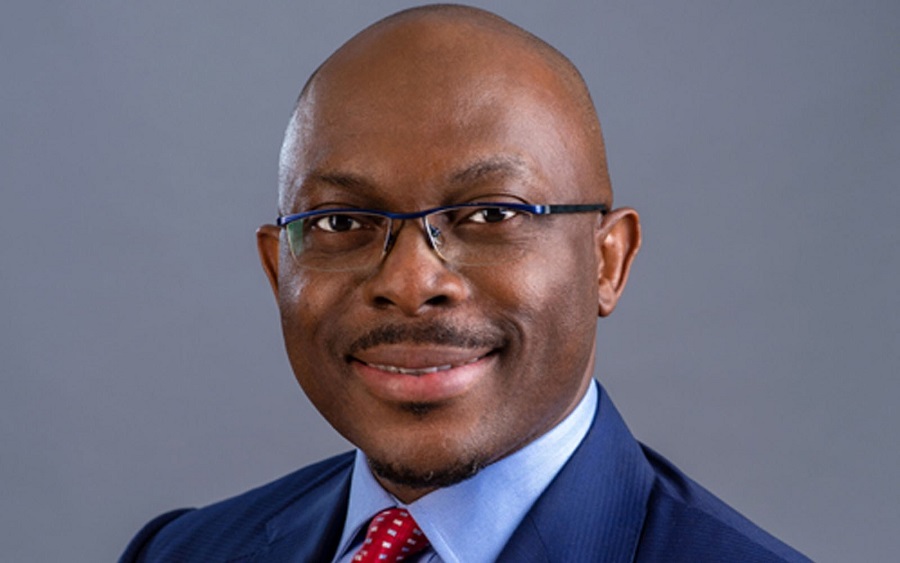In a bid to encourage more investments in Nigeria’s capital market, the FMDQ Securities Exchange Plc said it is finalising a plan that will involve the construction of new homes across the country through the use of mortgages.
Speaking to Bloomberg, FMDQ’s Chief Executive Officer, Bola Onadele, disclosed that his organisation has been working in conjunction with regulators such as the Securities and Exchange Commission, the Central Bank of Nigeria, and the National Pension Commission in this regard. The FMDQ is also partnering the International Finance Corporation to develop a blueprint that will be delivered to Nigeria’s President Muhammadu Buhari next year.
Tackling serious problems: Nigeria has very small number of mortgage loans; 50, 000 to be specific. Considering such factors as the country’s large population size, widespread poverty and increasing urbanisation, lack of adequate funding for home ownership (through loans) has resulted in housing deficit to the tune of 17 million. But that’s not all. According to Onadele;
“The lack of housing finance is one of the reasons why our capital market has not grown as it should. We should be talking of 30-year mortgages for Nigerians. If you want 70% of the people to own their own houses, they can’t borrow at 20%.”
[READ: FMDQ CEO outlines its plans for 2019]
The way forward: The FMDQ expects that its proposed blueprint will capture important business-friendly policies which the Government can implement towards addressing the problems. One of such policies is the facilitation of single-digit interest rates. As Onadele explained, doing this will help encourage the inflow of both foreign and local capital.
In the meantime, Onadele said the FMDQ is also working towards attracting more foreign investors on its own, by playing the role of a central counterparty clearing house and reducing possible risks faced by investors.
About the FMDQ: FMDQ was registered by the Securities and Exchange Commission (SEC), as an over-the-counter (OTC) market in 2012, and launched in November 2013. It is concerned primarily with debt capital, currencies securities exchange as well as derivatives.
[READ: NSE launches ‘X-Academy e-learning’ to provide capital market classes]














